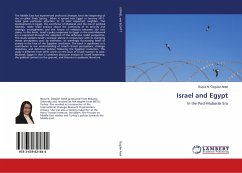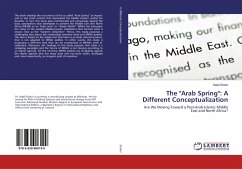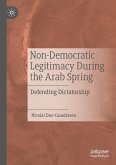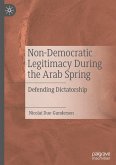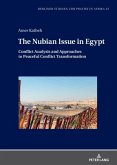The Middle East has experienced profound changes since the beginning of the so-called 'Arab Spring.' When it spread into Egypt in January 2011, Israel gave particular attention to its most important neighbor. The developments in Egypt, the overthrow of Mubarak and the rise of political Islamists, made Israel anxious about the continuity of its security and strategic arrangements and the future of relations between the two states. In this book, Israel's policy responses to Egypt in the post-Mubarak era is examined through the adoption of the defensive realist perspective. This study explains Israel's strategic silence in conjuncture with its changing threat perceptions and, by extension, its seemingly fluctuating levels of anxiety in the face of the Egyptian revolution. The book is significant as it contributes to our understanding of Israel's threat perceptions, strategic objectives, and defensive policies following the Egyptian revolution. This study is different from other works on the issue of Israeli reaction to post-Mubarak Egypt in that it combines discourse analysis of Israeli leadership, the political context on the ground, and theories in academic literature.
Bitte wählen Sie Ihr Anliegen aus.
Rechnungen
Retourenschein anfordern
Bestellstatus
Storno

